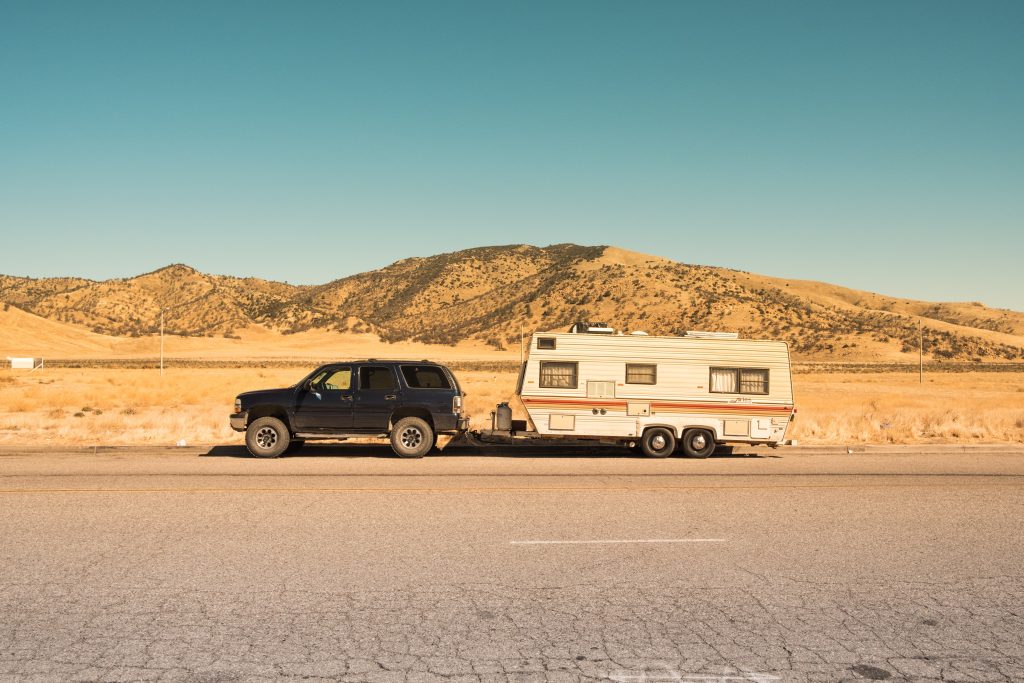When it comes to towing, safety and compatibility are everything. One of the most common questions people ask before hauling a trailer is: What size trailer hitch do I need? Choosing the wrong size can lead to dangerous driving conditions, damaged equipment, and expensive repairs.

This guide will walk you through hitch sizes, classes, and how to choose the right one for your specific needs.
A trailer hitch is a device attached to the chassis of your vehicle that allows you to tow a trailer or mount accessories like bike racks or cargo carriers. The two key components are the receiver tube size and the hitch class — both of which determine what your vehicle can safely pull.
There are four main hitch receiver sizes, each designed for different levels of towing:
Hitch classes define how much weight a hitch can handle. Here’s a breakdown:

Always start by checking your vehicle’s manual or door jamb sticker. Exceeding your tow rating can damage your vehicle and void your warranty.
Know the total loaded weight of your trailer, including cargo. This is your gross trailer weight (GTW). Also note the tongue weight (TW) — the downward force exerted on the hitch — which should generally be 10–15% of the GTW.
Use your towing specs to pick the right hitch class. If you’re hauling more than 3,500 lbs, a Class III or higher is usually best. If you plan to haul a variety of things, a 2″ receiver is the most adaptable.
If your trailer has a high tongue weight, you may benefit from a weight distribution hitch, which spreads the load more evenly and keeps your vehicle level while towing.
Using the wrong size hitch can lead to:
A properly matched hitch ensures better stability, handling, and peace of mind.
At Andersen Hitches, we specialize in premium towing solutions engineered for safety, strength, and simplicity. Whether you’re towing a lightweight trailer or hauling heavy equipment, our adjustable hitches, weight distribution systems, and ball mounts are designed to handle the job — and look good doing it.
Need a hitch for your RV, travel trailer, or work truck? Want help figuring out the right class and receiver size for your vehicle? Our experts are here to walk you through every step.
Get matched with the perfect hitch. Your towing experience starts here — and it starts with the right gear.
Discount Applied Successfully!
Your savings have been added to the cart.